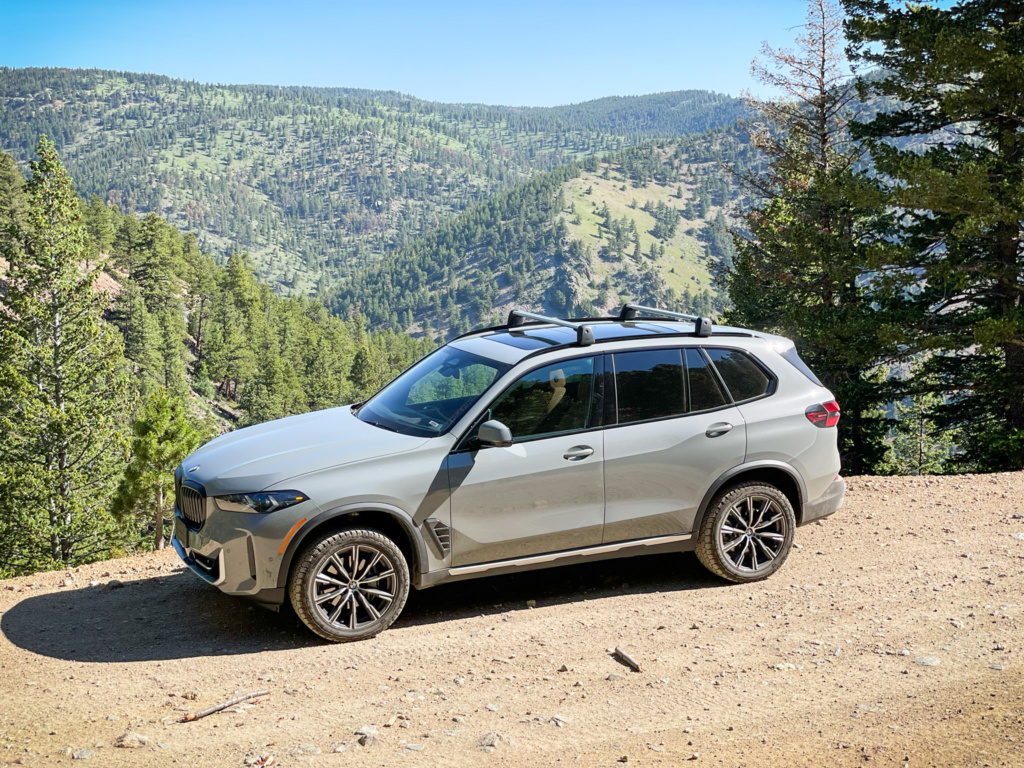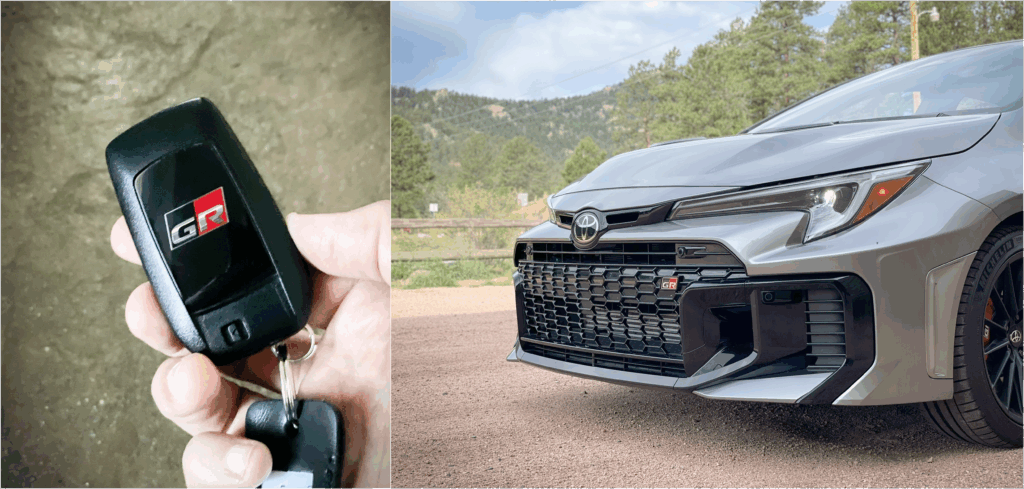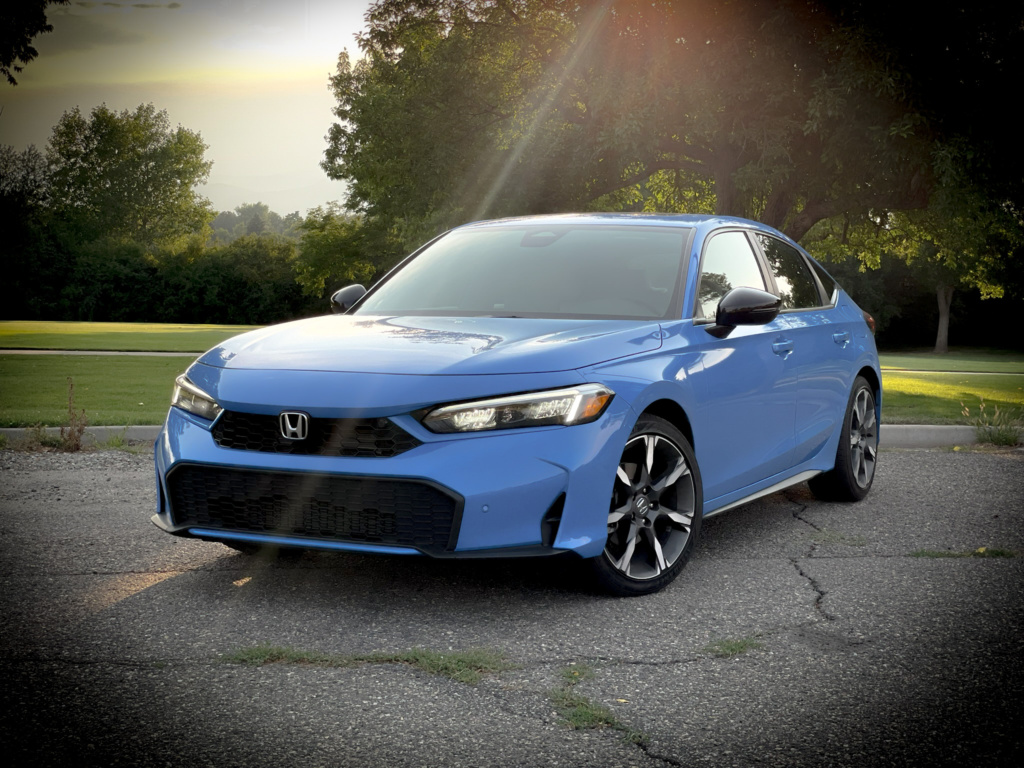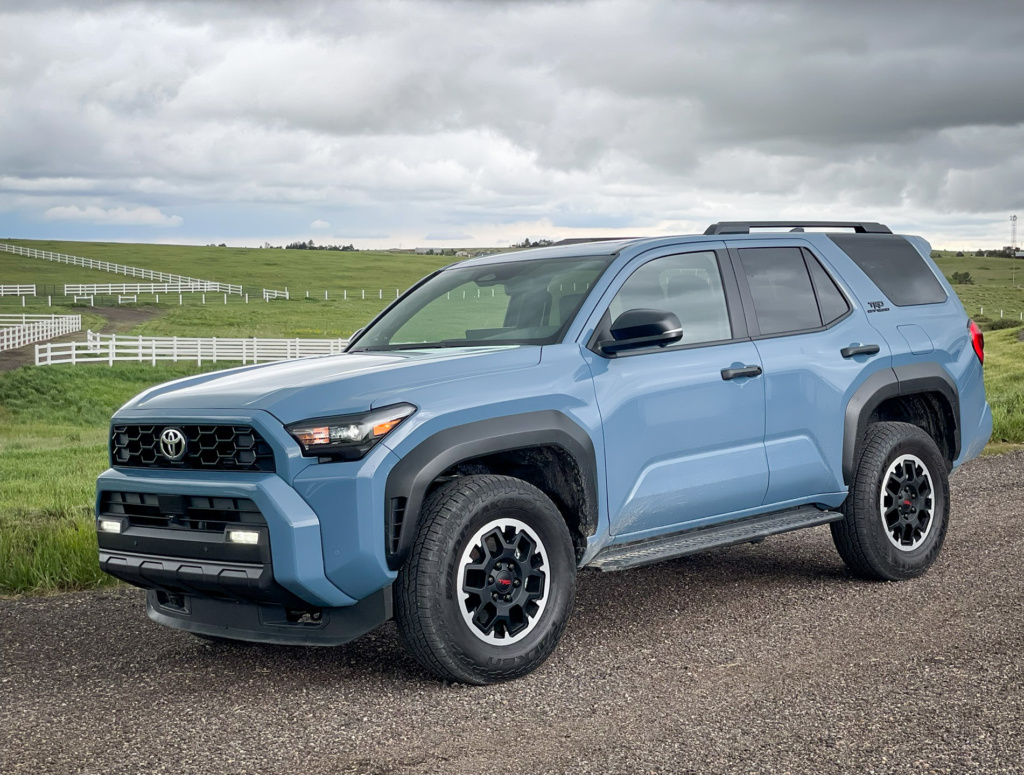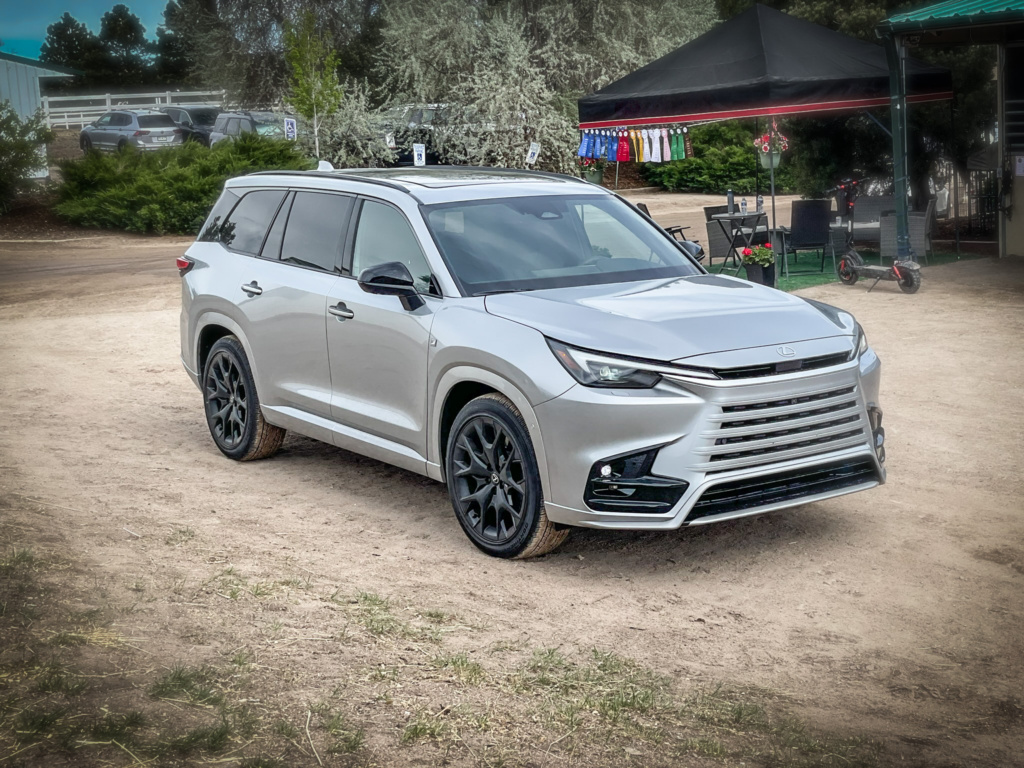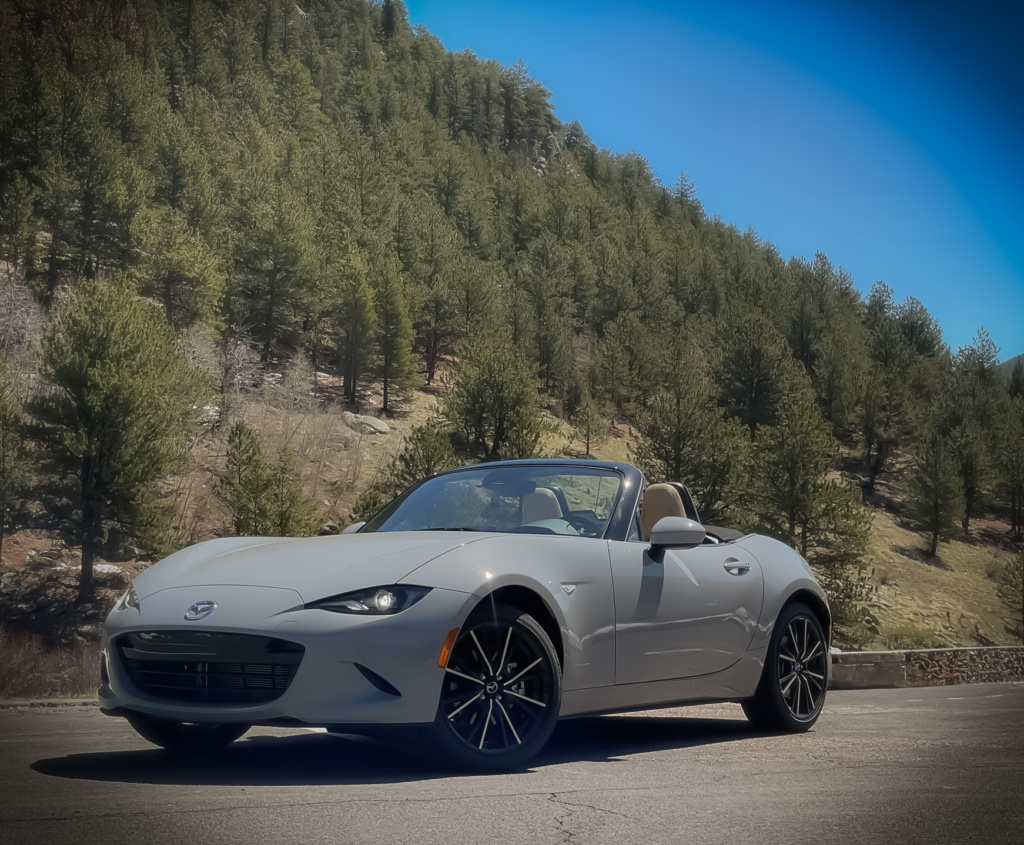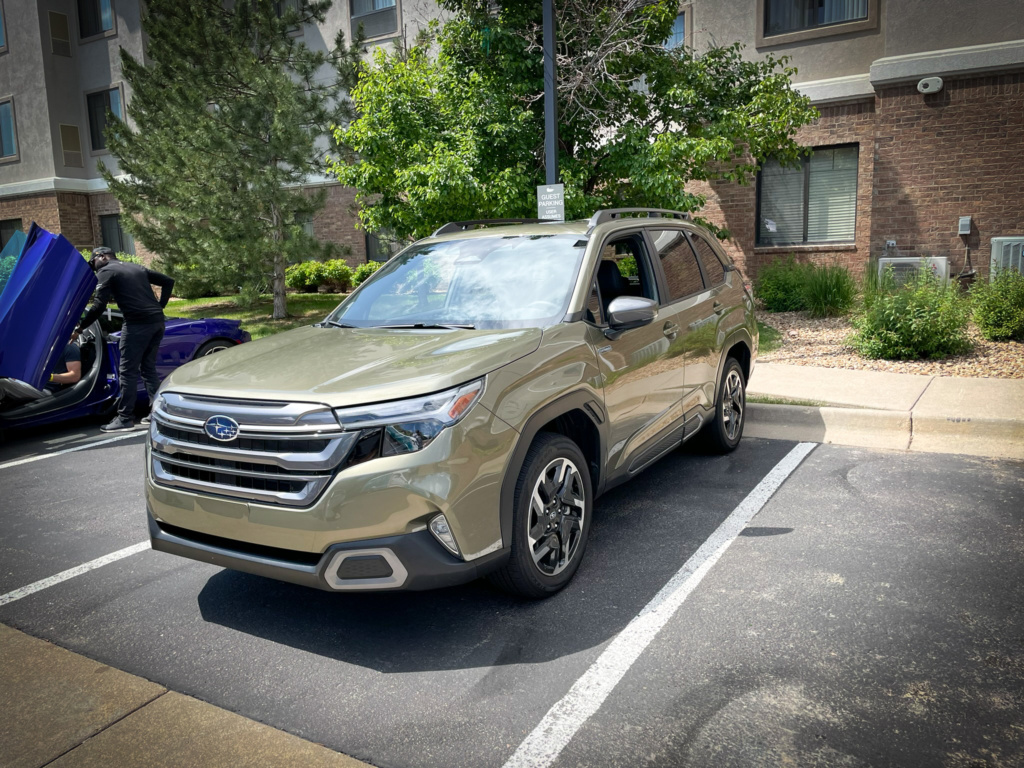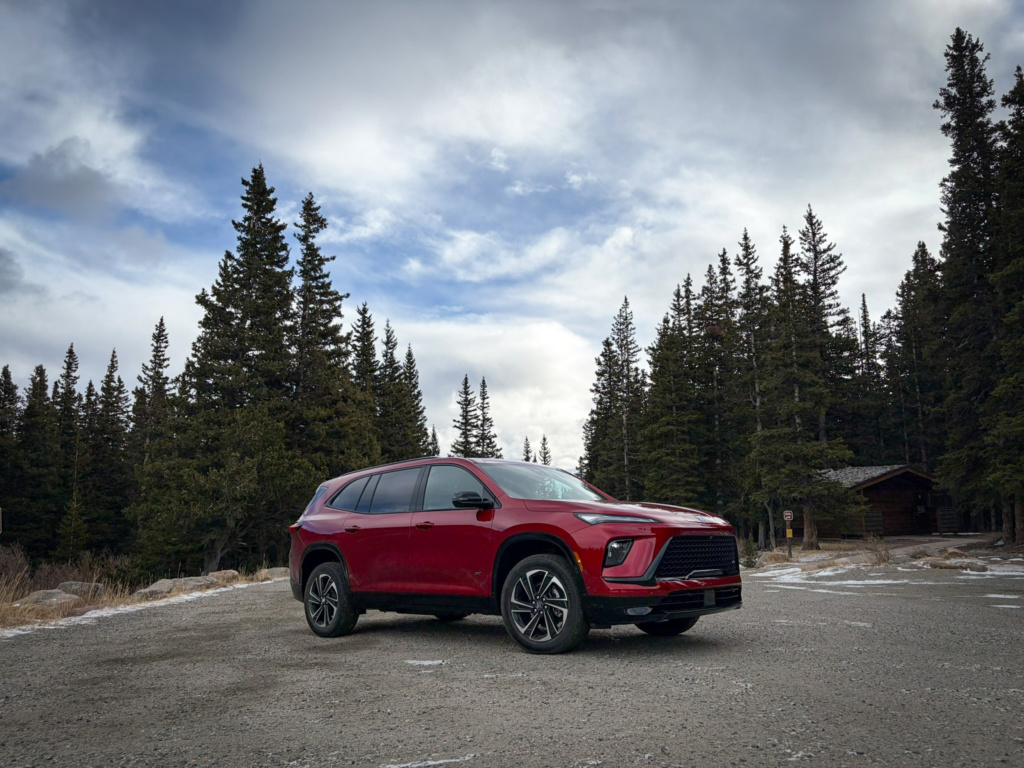
Buick sits within a narrow spectrum of GM’s wide range of brands, striving to deliver products that fall between its mainstream (Chevrolet) and premium (Cadillac) brands in terms of features, style, and power. And while the formula for its longevity often involves plenty of shared parts with its platformmates, the Buick Enclave still manages something unique and somewhat unexpected.
Continue reading “Buick Enclave”
